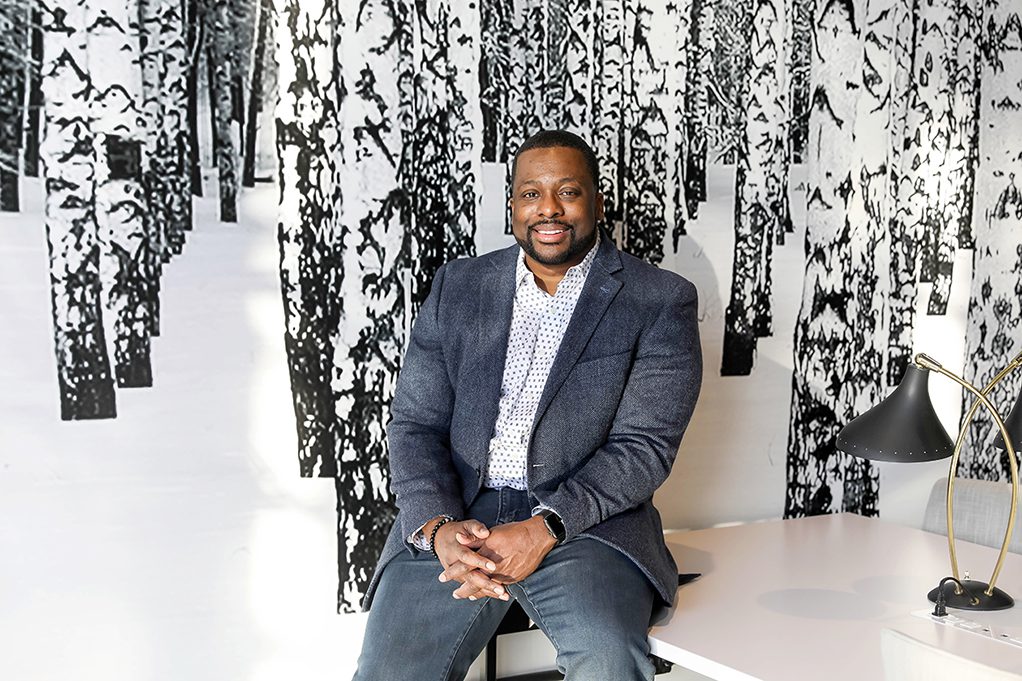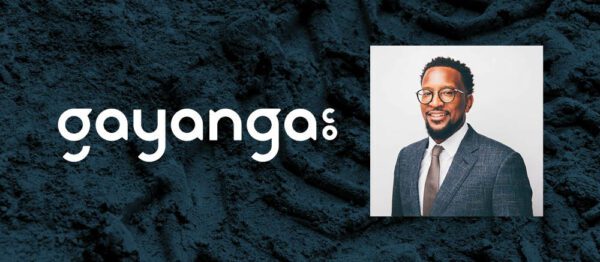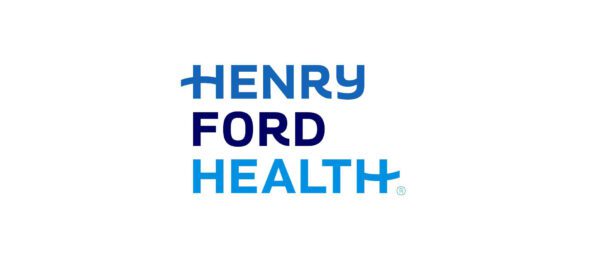If there’s one way cloud-based material management software startup Livegistics might be feeling this summer, it’s happy. On top of reaching major milestones in the past year, the Detroit-based tech company won a $1 million prize through Pharrell Williams’ Black Ambition competition.
“To be recognized like this and be from Detroit and in the construction industry is something we’re really proud of,” explains CEO and co-founder Justin Turk. “Construction isn’t considered a very trendy industry to be in, but the ramifications of what we’re doing on both the business and environmental side was a great combination for them to invest in.”
Livegistics is a certified Minority Business Enterprise (MBE) and soon to be certified as a Disadvantaged Business Enterprise (DBE). As a minority, especially in the tech world, winning funding through the Black Ambition Award is a key step to not only just funding but also getting exposure and the opportunity to amplify its voice in the tech world and construction industry. Through the Black Ambition award, Livegistics has connected with mentors, experts, and programs like the Chanel leadership academy, which was on Justin’s calendar for later the day we spoke.
As for the prize money, Livegistics also hopes to use it to help meet some of its lofty goals – goals like the one that has been the same from the outset of the company when it officially opened its doors in 2017: eliminate all paper in the ticketing process.
And this isn’t just any pie in the sky, arbitrary goal.
Justin is a 20-year-industry veteran and third-generation entrepreneur in construction – his father and grandfather once owned the largest minority-owned asphalt paving company in Michigan. And although he stepped away from construction to pursue a computer science degree, he came back to the industry with a Master of Construction Engineering Management degree and knows a thing or two about the problems the industry faces. Once he worked his way up to his role as the Vice President and Chief Estimator of a large civil company, he began to connect the dots and noticed a common thread linking many of these problems.
“Every issue on a project, every litigation, everything related to arguments and audits, every time companies weren’t being paid in a timely manner or job costs were fluctuating, everything came back to this truck ticket,” he says. “Surely there had to be a solution.”
So, using his tech background, he started working on some algorithms.
And after several iterations and a chance encounter in the Dominican Republic with Randy Bailey that would eventually lead to teaming up with Darrin Fish and Andre Davis, all future co-founders, the result was Livegistics: a cloud-based, inventory management solution that ties all the major players from civil, demolition, and trucking into one real-time platform with data and analytics. By using the platform, companies can eliminate paper from the ticketing process, which can help not only their bottom line, but also the environment and, in turn, their communities.
Since then, Livegistics has gone on to get the largest trucking company in southeast Michigan 100% on its platform in early 2020 and, after completing the SOC 2 Audit at the end of 2020, were able to get into Waste Management’s facilities with plans to be in 300 facilities in the next 18 months.
And it’s been through these partnerships that Livegistics has been able to get exposure to other companies that the trucking or landfill facilities touch, including Barton Malow.
“I had the chance to do a presentation for a group at Barton Malow’s Southfield headquarters and everyone was on board, again saying, ‘These tickets are killing us,’” he says. “We’ve also been used on projects where Barton Malow Civil is using our service and going to Waste Management, which creates even more efficiencies within the platform.”
Through this natural progression of connecting companies that touch so many different environments, it continues to grow and provide a competitive advantage for their customers.
“I’m not saying we’ve arrived, but we’re certainly enjoying the journey. We’re celebrating and working hard,” Justin said.
And they’ll have to continue to work hard to meet the expectations and goals they have for themselves. Justin is passionate about making an impact not only in the industry but also in the community. Their team is meeting with the city of Detroit to discuss the blight program and what it can do to protect taxpayer dollars and clean up illegal dumping. He’s excited to see a path forward that can help his community and his business.
“I’m not afraid to say that I’m working to make a community impact and be profitable. There’s a chain reaction there.”
The chain reaction being that every customer using the platform can also benefit from making a community impact and being profitable.
“As part of the Black Ambition program, one of the things they asked was us to do was to talk about where we see ourselves in 50 years. And when you look at the ramifications of what we’re talking about with eliminating paper, we’re looking at saving acres of landfill space, hundreds of thousands of trees, eliminating the pollution of over 20 million gallons of water, decreasing the carbon footprint of companies by using the cloud, eliminating blight, and all of this stuff happens without changing the construction experience at all,” he says. “If companies just use the software to help their bottom line and their business, to help their contractors, to help their accounting department, to help their project managers, all of those things will also happen as a result.”
But, as with most things, that’s easier said than done, and Justin acknowledges that the anxiety of the change is the biggest roadblock.
“We created an app for laborers and truckers; we didn’t make it rocket science. But we don’t give those guys enough credit. Once they get past the anxiety of it, a lot of these guys love it. My construction background gives me credibility and we’re working to restore trust in the industry and do it the right way with technology,” he says.
In the past year, it has been tougher to calm that anxiety with COVID-19 preventing in-person meetings, but it’s also expedited the adoption of Livegistics for Waste Management, who decided to go paperless because of the pandemic. Since then, they were able to see the value and the processes built around the platform have stuck.
But Justin knows that that isn’t going to be everyone’s story.
“The industry needs to understand that we’re in this together. We’re going on a journey together. It’s not feasible to come and tell people, ‘today we’re going paperless.’ But as a user, your experience today is going to be totally different than your experience six months from now. It’s important we eliminate people’s anxiety, get people comfortable using the technology, and then start to stretch them a little bit,” he explains.
“We aren’t flicking a light switch so much as we are sliding a dimmer. Eventually, people will realize how dim it really was and how bright it is now.”



